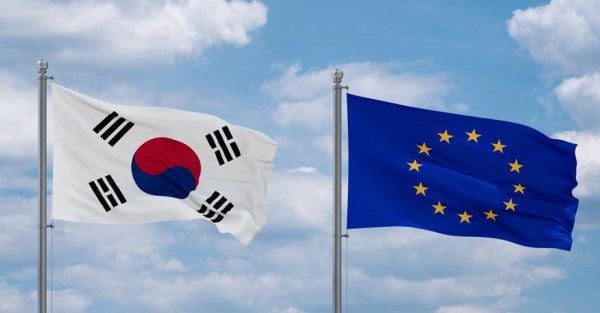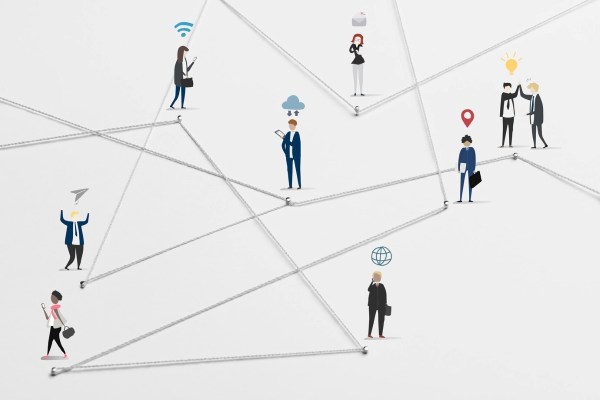The European Commission and the U.S. Government, under the framework of the Transatlantic Economic Council (TEC), have agreed on a set of 10 fundamental principles for trade in information and communication technology (ICT) services. The EU and the US, in cooperation with other countries, will promote these principles worldwide in order to support the global development of ICT networks and services and allow service providers to compete for contracts with local incumbents on an equal footing.
EU Vice-President Neelie Kroes has commented the importance of this agreement on her blog focusing on its potential impact on the relations with other key markets, with specific mentions to China, India and Brazil. I agree with her when she considers that the principles are technologically neutral and economically powerful. Additionally, I would like to highlight that the efforts on developing and signing this agreement are direct evidence of the high importance of the ICT sector, as a key to the development of other industries and sectors.
It is important to note that trade deals, as this one, are the result of negotiations between economic partners who try to support the claims of their respective stakeholders, industries and citizens. Under this view, we must admit that the choice of principles is balanced. But more could and should have been done. On one hand it backs one of the current concerns of telecom operators: the right to negotiate with the over-the-top players their interconnection on commercial terms. On the other hand, it fails to address some other issues as the right of operators to manage their networks, excluded from the final text. The exploding traffic on the Internet, mainly caused by video services, is one of the biggest challenges for the ICT Eco-system, so it seems inappropriate that one of the ways to deal with it, namely managing traffic flows intelligently, is not mentioned in the agreement.
In addition, I would have welcomed further emphasis on other important issues, such as schemes aimed to foster the provision of convergent services – or, at least, the request to eliminate existing restrictions – a level playing field in the area of data protection rules and the need to simplify trans-border data flows worldwide.
But I believe this is a good start for EU-US collaboration, and the policy makers have agreed to review the terms of this agreement every two years.
For further information:
Full text of the agreement
Press release published by the European Commission
Press release published by the US Government












